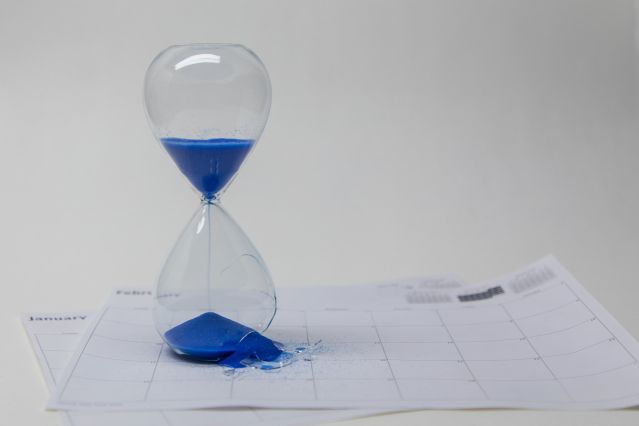Productivity
Maximizing Productivity: How to Conquer Workplace Disruptions
If everything is a priority, then nothing is a priority.
Posted September 20, 2023 Reviewed by Hara Estroff Marano
Key points
- Disruptions negatively impact creativity and productivity.
- Repeated interruptions increase stress and burnout.
- There are effective strategies to mitigate interruptions.
- Do you really need to be notified whenever an email is dropped in your inbox?

Picture it: You are sitting at your desk in the office, deeply engrossed in a task, when a colleague appears at your door who has a “quick question.” Twenty minutes later, a barrage of emails overflows your inbox, and the constant ping of notifications on your computer becomes maddening.
Sound familiar? You're not alone. Workplace disruptions have become increasingly problematic, depleting our energy and sapping our productivity, creativity, and overall job satisfaction. The burning need to conquer these disruptions and reignite productivity is universal.
The Cost of Disruptions
Disruptions in the workplace are more than just an annoyance. They come with a high cost, both individually and collectively.
Decreased Productivity: According to a study at the University of California, Irvine, it takes 23 minutes and 15 seconds to regain full focus after an interruption. Now multiply that by the number of times you get interrupted daily.
Reduced Quality of Work: Our work must be completed at the end of the day. The constant interruptions cause us to rush through our endless tasks. Frequent disruptions can lead to errors and decreased quality of work. Over time, there can be long-lasting consequences on your reputation and career.
Stress and Burnout: Studies have shown that constant interruptions contribute to higher stress levels and burnout, negatively impacting mental and physical health.
Undermined Creativity: Creative thinking often requires uninterrupted time for deep concentration. Disruptions can stifle innovation and problem-solving.
The Psychology Behind Disruptions
Understanding why we are so susceptible to disruptions is crucial to finding effective solutions. Our brain is wired to pay attention to novel or potentially relevant information. This survival mechanism helped our ancestors detect threats, but it can lead to information overload and constant distraction in today’s information age.
After the last few years of being holed up in our homes, our desire for social interaction and the fear of missing out (FOMO) are rising. Therefore, we are tempted to check emails, messages, and social media constantly. These factors, workplace culture, and technology create the perfect storm for disruptions.
Strategies to Overcome Disruptions
Prioritize Tasks: If everything is a priority, then nothing is a priority. Start your day by identifying your most important tasks and, where possible, leverage the best times you can focus. If you are a morning person, don’t leave deep focus tasks until the end of the day, when it will take you twice as long to get the work done.
Set Boundaries: Establish clear boundaries with your colleagues. Let them know when you are available for non-urgent discussions and when you need uninterrupted time. Consider hanging a "do not disturb" sign on your door when you wish to concentrate.
Technology Management: Do you need to be notified whenever an email is dropped in your inbox or when someone engages with your social media post? Turn off nonessential notifications on your devices, and consider using the “focus” button on your computer.
Design a Distraction-Free Workspace: Create a workspace that minimizes distractions. A clutter-free, organized environment can help you stay focused. Not every Post-it note, paperclip, and pen needs to be on your desk. Focus on a clean surface.
Batch Communication: Rather than respond to messages and emails as they are received, set specific times to check and respond to them. This strategy prevents constant interruption and increases efficiency. Consider doing this during the hours when you are a bit more sluggish. You don’t need to waste your deep-focus hours on passive tasks that require less concentration.
Collaboration and Meetings: If a meeting offers only updates, make it an email. If it is to strategize, invite the appropriate people and keep the meeting short and focused.
Reignite Your Productivity Flame
In our fast-paced, technology-driven world, overcoming workplace disruptions has become necessary for personal and professional success. By understanding the psychological underpinnings of distractions and implementing practical strategies, you can drastically improve your productivity.
Remember, it's not about completely eliminating disruptions but managing them effectively to reclaim your time and focus. As you implement these strategies, you'll find yourself more engaged, creative, and satisfied in your work, ultimately igniting your productivity.




